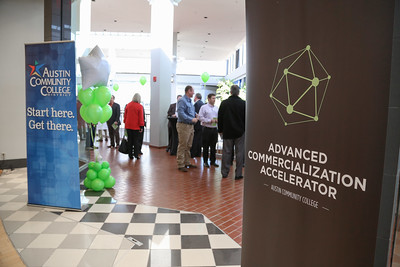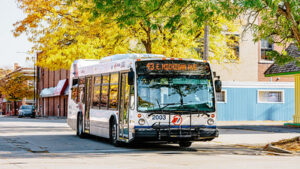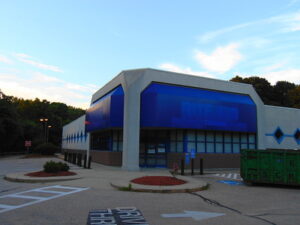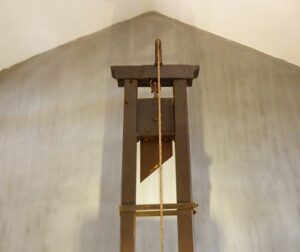The Trustees of the Austin Community College District will place a $770M bond issue on the ballot in November. If approved, the funds will allow ACCD to build one new campus and re-open two others. Currently, ACCD operates 11 campuses and serves about 29,000 students.
If approved, the bond issue would allow ACCD to build an advanced manufacturing center as part of a new campus. The building would also house related disciplines, including welding, automotive technology, and building construction technology. The new facility would also have general education classrooms and student services facilities.
The bond issue would also allow ACCD to expand its skilled trades facilities. Currently, these programs operate on its Riverside campus, but the facility is too small to meet the demand for these classes. ACCD would also expand its computer science, healthcare, business and general education programs and their associated classrooms.
According to a spokesperson for ACCD, the bond issue would raise residential property taxes by about $5 per year for the first five years, and $25 per year after that. The measure would not increase the property tax rate applied to district taxpayers. School officials anticipate that property valuations in the district will continue to rise, which will generate most of the revenue required to finance the bond issue.
Last year, the Trustees placed a cap on ACCD property taxes for disabled taxpayers and senior citizens living in the district. The cap would prevent ACCD taxes from rising for these individuals. The measure has broad support among businesses in the district. In fact, some business leaders have formed a political action committee to help generate support for the bond issue among district voters.
Bond issue will fund academic facilities expansions
The national decline in community college enrollment has heavily impacted Texas. Two-year enrollment dropped by 11%. Despite this, ACCD predicts that its facilities will continue to grow.
To encourage continued enrollment, ACCD is offering new programs and expanding facilities for programs in high demand. In fact, the bond issue meets a number of the goals established by ACCD’s most recent Facilities Master Plan. According to ACCD, its service area consists of about 7,000 square miles surrounding Austin. It is typical for its students to take classes on multiple campuses. While that gives students more options for course registration, it also increases their drive time, since ACCD campuses are commuter oriented. Opening two new campuses will reduce student drive time and relieve traffic congestion around campuses.
This is what happens when community college trustees base their decisions on the best interest of the community. Notice that despite the size of the proposed bond issue, none of the Trustees expressed concern about their own personal tax liabilities. All planned improvements focus on academic programs and instructional facilities. (No hotels, no health clubs for the executives, no convention centers. Just facilities improvements in the areas where they’re most needed.)
Further, the Trustees took steps last year to limit the impact of ACCD tax increases on the county residents least able to pay. In-district students pay $85 per credit hour for tuition and $18 per credit hour for fees that pay to reduce bond debt and fund student activities, sustainability programs on campus and accident insurance for students.
The ACCD administration and its trustees think big, and they don’t attempt to go behind the voters’ backs. It is possible to focus on the academic mission of a community college, invest in academic programs and facilities, and grow enrollment. Just not when Trustees divert community funds intended for education to expensive, irrelevant facilities and activities.
Photo Credit: Austin Community College, via Flickr































